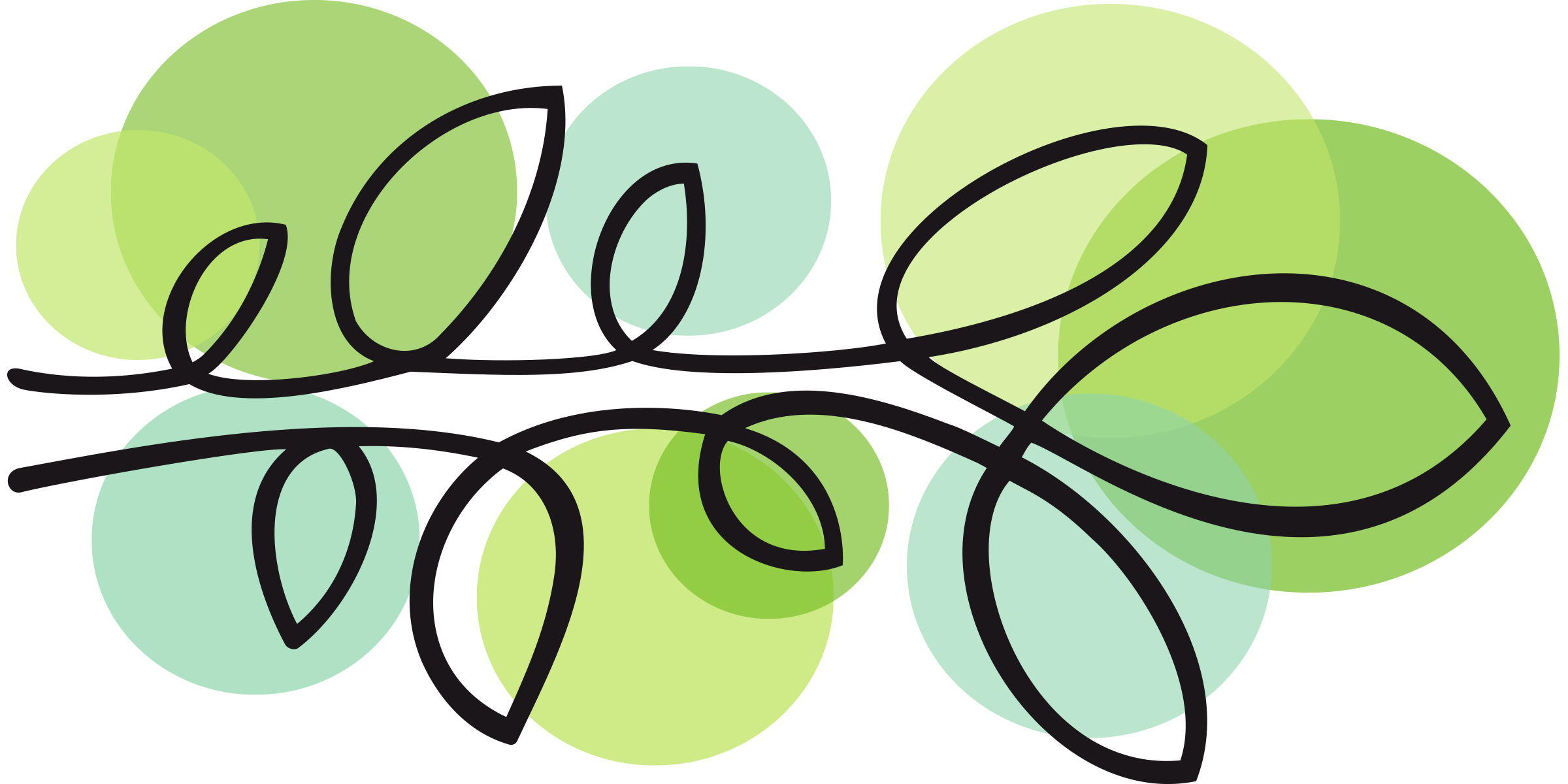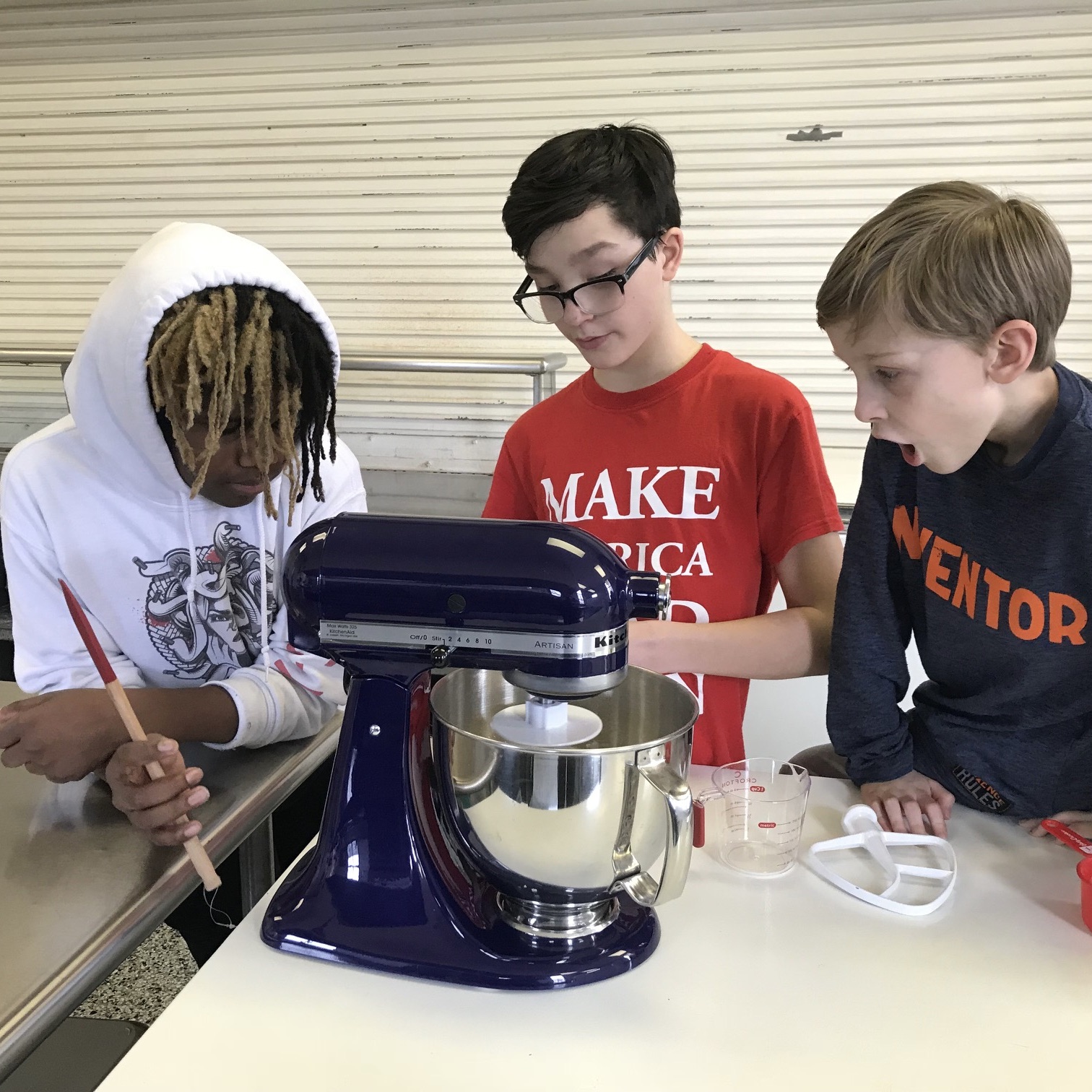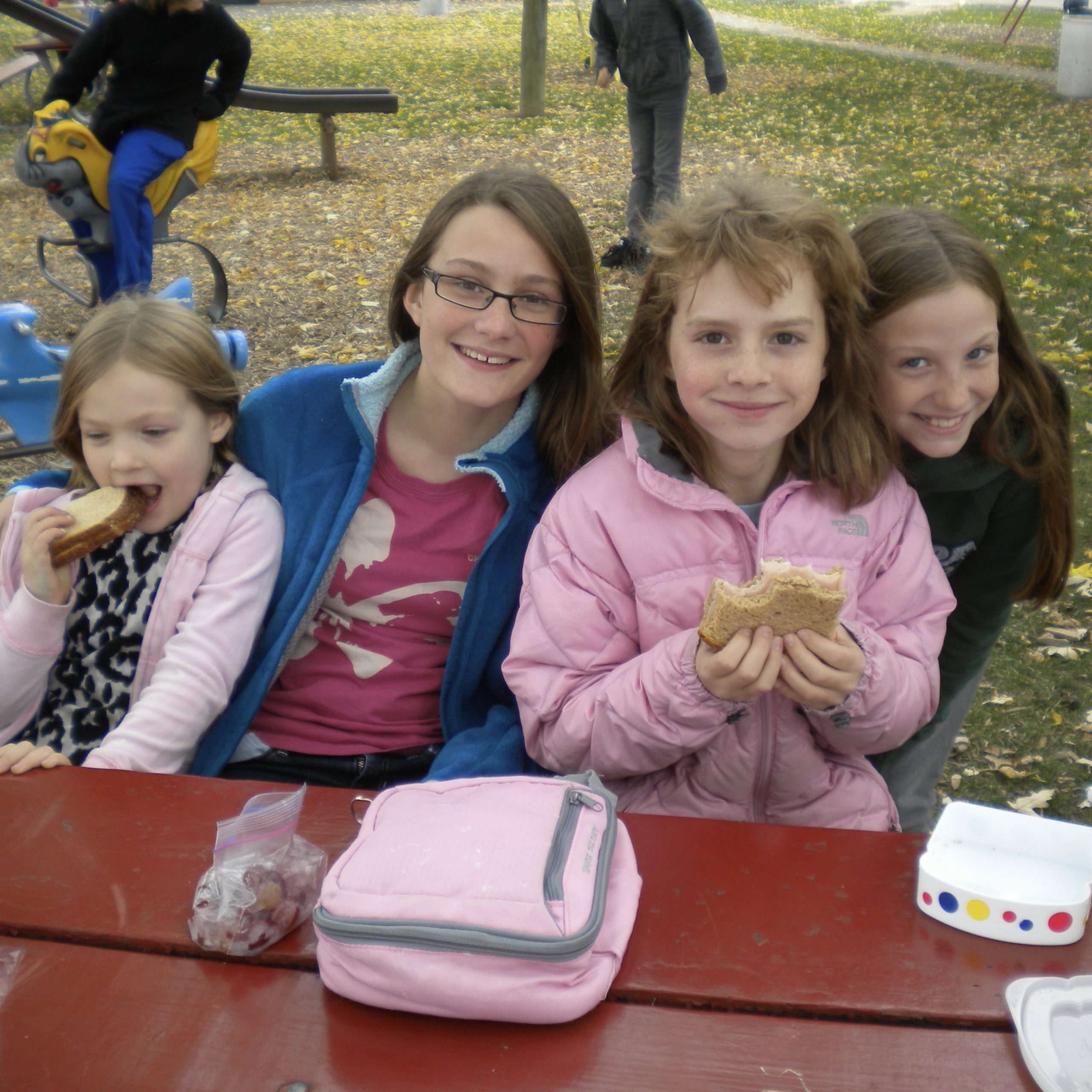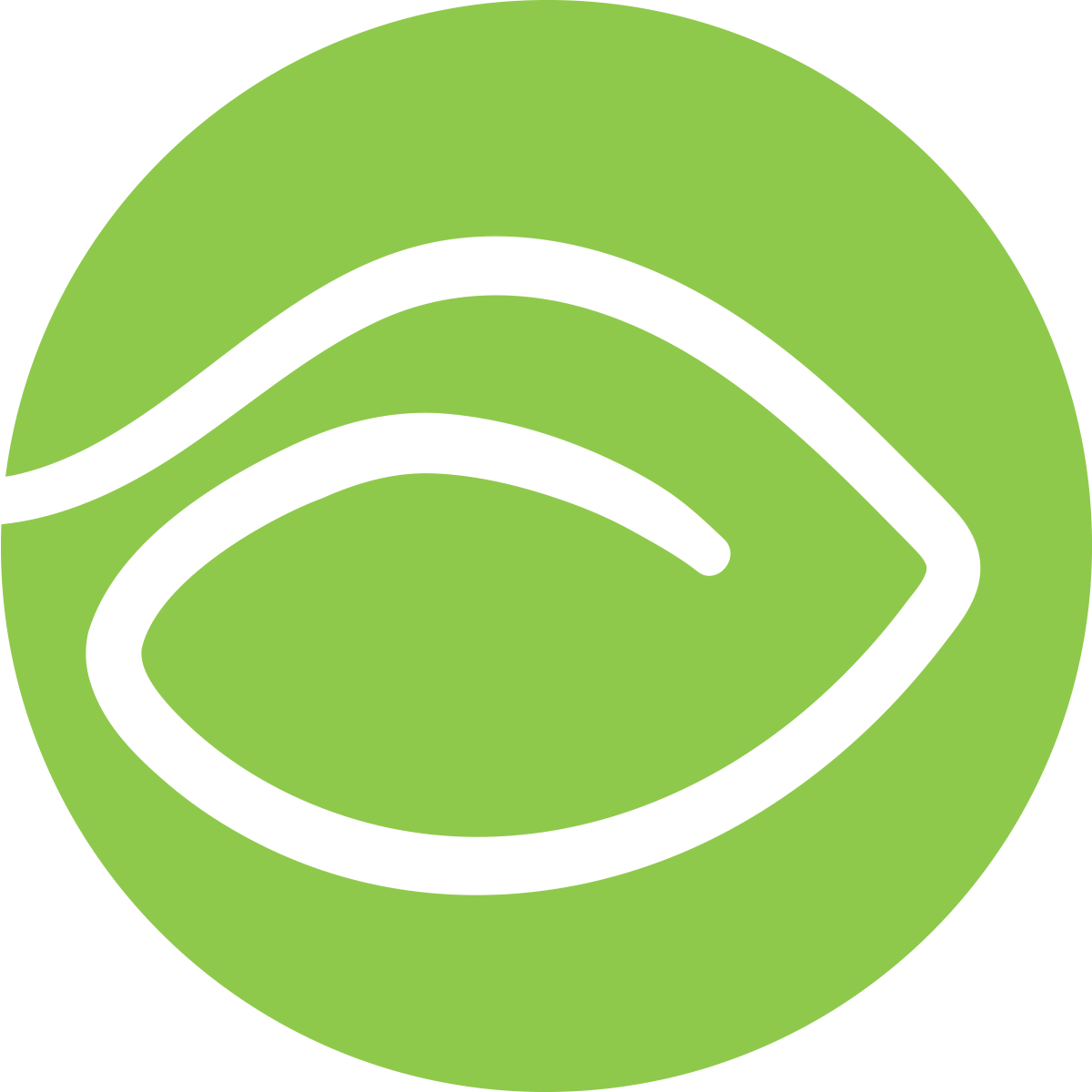Grades 1-8





Classes for grades 1-8 are multi-age, which create a family-type, cooperative atmosphere, allowing students to feel more confident, take more risks, explore more options, and identify their own gifts. In multi-age classes, students have opportunities to participate as mentors/leaders to younger students as well as to receive encouragement/guidance from older students. In addition, there is a consistency that facilitates growth.
Class offerings for grades 1-8
CORE CLASSES
HISTORY 3/4; 5/6; 6/7; 7/8
History topics are on a four-year rotation. This rotation ensures that students enrolled in LOL on a long-term basis will cover a wide variety of historical periods as well as repeat topics— allowing students to delve more deeply into more advanced concepts as they get older. Our topic rotation is as follows:
3/4; 5/6
Ancient World History
Early American History
Modern American and World History
Geography
6/7; 7/8
Ancient World History
Early American History
Modern American and World History
Contemporary American
SOCIAL STUDIES
Community Builders
Countries, Cultures & Communities
History topics are on a four-year rotation. This rotation ensures that students enrolled in LOL on a long-term basis will cover a wide variety of historical periods as well as repeat topics— allowing students to delve more deeply into more advanced concepts as they get older. Our topic rotation is as follows:
3/4; 5/6
Ancient World History
Early American History
Modern American and World History
Geography
6/7; 7/8
Ancient World History
Early American History
Modern American and World History
Contemporary American
SOCIAL STUDIES
Community Builders
Countries, Cultures & Communities
Reading & Writing 1/2; 2/3; 3/4; 5/6; 6/7; 7/8
Literature & Writing 5/6; 6/7; 7/8
Literature & Writing 5/6; 6/7; 7/8
Math Lab
Individualized Math - Fractions, Decimals & Percents
Pre-Algebra
Algebra I
Honors Algebra I
Math 1/2; 2/3; 3/4; 5/6; 6/7
Individualized Math - Fractions, Decimals & Percents
Pre-Algebra
Algebra I
Honors Algebra I
Math 1/2; 2/3; 3/4; 5/6; 6/7
GEOSCIENCE
INTRODUCTION TO PHYSICAL SCIENCE
STEM:
Stories and Challenges
Mix & Magic
Exploratorium
STEM Around The World
Robotics
HANDS ON SCIENCE 1/2; 2/3; 3/4; 5/6; 6/7; 7/8
Topics for Hands-On Science are selected with reference to the Core Knowledge Sequence and are on a three-year rotation. This rotation gives students enrolled in LOL for several years an in-depth exposure to a variety of science topics, as well as opportunities to delve more deeply into more advanced concepts as they get older. Our topic rotation is as follows:
Human Body Systems, Weather, Electricity & Magnetism, Animal Kingdom
Chemistry, Earth Materials and Processes, Simple Machines/Newton's Laws, Insects
Astronomy, Light & Sound, Microbiology (Bacteria, Protists, Fungi), Plants, Reptiles/Amphibians
INTRODUCTION TO PHYSICAL SCIENCE
STEM:
Stories and Challenges
Mix & Magic
Exploratorium
STEM Around The World
Robotics
HANDS ON SCIENCE 1/2; 2/3; 3/4; 5/6; 6/7; 7/8
Topics for Hands-On Science are selected with reference to the Core Knowledge Sequence and are on a three-year rotation. This rotation gives students enrolled in LOL for several years an in-depth exposure to a variety of science topics, as well as opportunities to delve more deeply into more advanced concepts as they get older. Our topic rotation is as follows:
Human Body Systems, Weather, Electricity & Magnetism, Animal Kingdom
Chemistry, Earth Materials and Processes, Simple Machines/Newton's Laws, Insects
Astronomy, Light & Sound, Microbiology (Bacteria, Protists, Fungi), Plants, Reptiles/Amphibians
ELECTIVES
Beginning Guitar
Guitar Ensemble
Dance Workshop
Rhythm & Music
Mini Musical
Jukebox History/Rock On!
Beginning Strings Class
Advanced Strings Class
Improv Comedy
Chorus
Technical Theater
Musical Theater
Guitar Ensemble
Dance Workshop
Rhythm & Music
Mini Musical
Jukebox History/Rock On!
Beginning Strings Class
Advanced Strings Class
Improv Comedy
Chorus
Technical Theater
Musical Theater
Storytelling Through Music
Young Readers Book Club
Wordology
Literature & Writing 13-15
Journalism
Basic HS Language Arts
Young Readers Book Club
Wordology
Literature & Writing 13-15
Journalism
Basic HS Language Arts
Art Through The Artist
Fun with Clay
Pottery
Art
Comics
Art of Beautiful Handwriting
The Color of the Month
Art Independent Study
Sewing
Ceramics
Pottery Studio
Sculpture/3D Art
Drawing & Painting
Photoshop
Fun with Clay
Pottery
Art
Comics
Art of Beautiful Handwriting
The Color of the Month
Art Independent Study
Sewing
Ceramics
Pottery Studio
Sculpture/3D Art
Drawing & Painting
Photoshop
Game Day Review
Think and Build with Legos
Masterminds
Modern Day Pioneers
Little Bakers
Navigators
Gameschool
Puzzlemania
The Art of Architecture
PeaceJam Juniors
Flower Farming & Floristry
Baking Academy Jr.
Entertain Your Brain
Dungeons & Dragons 10-13
Dungeons & Dragons Level 13+
PeaceJam Leaders
Storytelling
Moviemaking
Youth Cultures
World of Design Through Architecture
American Cinema II
Mythology I
Think and Build with Legos
Masterminds
Modern Day Pioneers
Little Bakers
Navigators
Gameschool
Puzzlemania
The Art of Architecture
PeaceJam Juniors
Flower Farming & Floristry
Baking Academy Jr.
Entertain Your Brain
Dungeons & Dragons 10-13
Dungeons & Dragons Level 13+
PeaceJam Leaders
Storytelling
Moviemaking
Youth Cultures
World of Design Through Architecture
American Cinema II
Mythology I
Yoga
Buildin' Stuff DIY
Take Apart Lab
Baking Academy
Photography
Public Speaking for Beginners
Food Atlas
Art of Persuasive Speaking
The Great LOL Bake-Off
Culinary Crafting
Take Apart Lab
Baking Academy
Photography
Public Speaking for Beginners
Food Atlas
Art of Persuasive Speaking
The Great LOL Bake-Off
Culinary Crafting
Boats, Bridges and Boxes
Blast Off: A Space Adventure
Science By The Book
Science Adventures
Science Investigators
Blast Off: A Space Adventure
Science By The Book
Science Adventures
Science Investigators
Latin Through Songs and Chants
Fun with Spanish
Introduction to Spanish
Fun with Italian
American Sign Language I
French I
Spanish I
Fun with Spanish
Introduction to Spanish
Fun with Italian
American Sign Language I
French I
Spanish I
Grades 1-8 FAQ
No. Families design their own program, based on each child's individual needs. Some students take only one or two classes per week while others attend all four days.
Our core classes (science, history, math, language arts) are called 1/2, 3/4, 5/6 and so on because these classes should be taken for both grades. Students in a multi-age core class for two years will not repeat topics. They will be revisiting concepts the second year, but at a more advanced level.
No. Students in a multi-age core class for two years will not repeat topics. They will be revisiting concepts the second year, but at a more advanced level—enabling students to learn new skills and hone old ones. Language arts classes will not repeat books over the two-year cycle. Students in the math classes will be working at the level that best meets their ability.
Science and history classes are on a topic rotation cycle as shown below. Our multi-age classes enable students to be challenged at their own level—through instruction and homework assignments that take into account their abilities and interests.
Science and history classes are on a topic rotation cycle as shown below. Our multi-age classes enable students to be challenged at their own level—through instruction and homework assignments that take into account their abilities and interests.
As an example, a child in 4th grade can choose between 3/4 and 4/5 classes. If your child is in a 3/4 class this year as a 3rd grader and doing well, then it would be best to choose a 3/4 class for the upcoming year so your child can participate in the class as a leader on a 4th grade level. There are many advantages to having multiple level classes; to fully benefit from the experience, the class should be taken for two years. If your child is working on a more advanced level and was not challenged sufficiently this year, then it may be best to sign up for the 4/5 level class.
We advise parents not to automatically assume their child should be in an older group. A child's emotional and social needs are just as important as his or her academic needs. Our small class sizes usually allow us to challenge most students. We rely on our teachers to make group change recommendations.
We advise parents not to automatically assume their child should be in an older group. A child's emotional and social needs are just as important as his or her academic needs. Our small class sizes usually allow us to challenge most students. We rely on our teachers to make group change recommendations.
We want students to be happy in their classes and recognize that sometimes a class is not a fit and a change will need to be made. We encourage students to give the class a chance before making a decision. One or two days are not enough time to tell! Please give the class a chance first (four classes). If a class change is necessary, please contact Diana or Christie by email and explain the reason for the change.
Students will receive a written evaluation of their work for each class they attend. These evaluations are completed twice a year—once in February and once in June—and include learning objectives for the class and information about how well these objectives were met by the student. Information about class participation, conduct, attendance, and enthusiasm will also be included.
Students in academic classes have the option to receive a letter grade in addition to the evaluation. While we hope students are motivated by the intrinsic joy of learning, we recognize that for some students, grades can be a motivator. Allowing a choice enables you to make an individual decision for each child and class.
Students in academic classes have the option to receive a letter grade in addition to the evaluation. While we hope students are motivated by the intrinsic joy of learning, we recognize that for some students, grades can be a motivator. Allowing a choice enables you to make an individual decision for each child and class.

